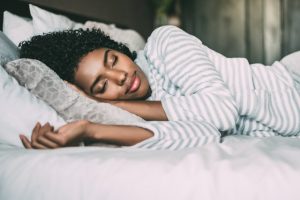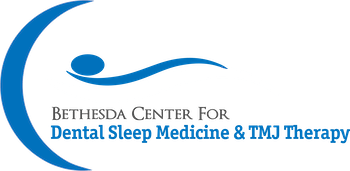Consumer Sleep Trackers: Just How Accurate Are They?
March 10, 2022

Are you part of the 10% of adults in the US who regularly use wearable sleep tracking technology? Whether it’s a smart watch, ring, or a different device, millions of people rely on the data they provide in search of a better, more restful night of sleep. However, have you ever asked yourself exactly how reliable this technology is? Read on to learn about the downside of consumer sleep trackers, plus the benefits of seeing a sleep dentist for professional sleep testing and treatment.
Are Your At-Home Sleep Trackers Accurate?
The short answer? Not really. Studies published in Nature and Science of Sleep show that consumer sleep trackers consistently overestimated or underestimated the total sleep time, time awake, and sleep efficiency. Unfortunately, these are the main measures that you’re probably interested in when looking at your own sleep quality, making your ring, watch, or other device incredibly inaccurate overall. This can occur for many reasons, however researchers point to the most simple explanation: the algorithm on these devices often mistake stillness for sleep. That’s because it relies on actigraphy – a technology that measures motion. With about 50% of US adults open to buying these gadgets, researchers and sleep dentists alike want to educate people on just how accurate and useful they are.
The Missing Pieces of Consumer Sleep Trackers
Smart watches and other products are great for tracking certain health information, however they leave a lot to be desired when it comes to sleep data. A study conducted on 8 of the most common devices showed that none of them could determine sleep stages, which includes REM and non-REM, when compared to an electroencephalogram (a device that records brain activity). Experts point out that part of this issue is because these products use algorithms that assume when the average person goes to sleep. That means if you’re a daytime napper, or you work during the night, the accuracy and validity of your sleep data will drop dramatically.
The Best Alternative
If you’re affected by a sleep disorder like sleep apnea, or you’re just after the REAL numbers to get the best rest, your answer is simple. Visit a sleep expert for professional testing. This can be done either in a lab or at home for ultimate convenience – the choice is yours! These tests come with complete accuracy and the supervision of a professional every step of the way.
Apple watches, Fitbits, and more are valid ways to keep an eye on your health, but there’s no need to leave your sleep up to chance. Now that you know more about consumer sleep tracking and its inaccuracy, please don’t hesitate to contact a sleep dentist and take control of your Zzz’s.
Meet the Dentist
Dr. Bernard L. Greenbaum is a highly trained sleep dentist in Bethesda with over 25 years of experience. He proudly offers custom oral appliances to treat sleep apnea and TMJ, helping patients feel and sleep better. For any questions, contact Dr. Greenbaum through his website or by phone at (301) 530-3600.
